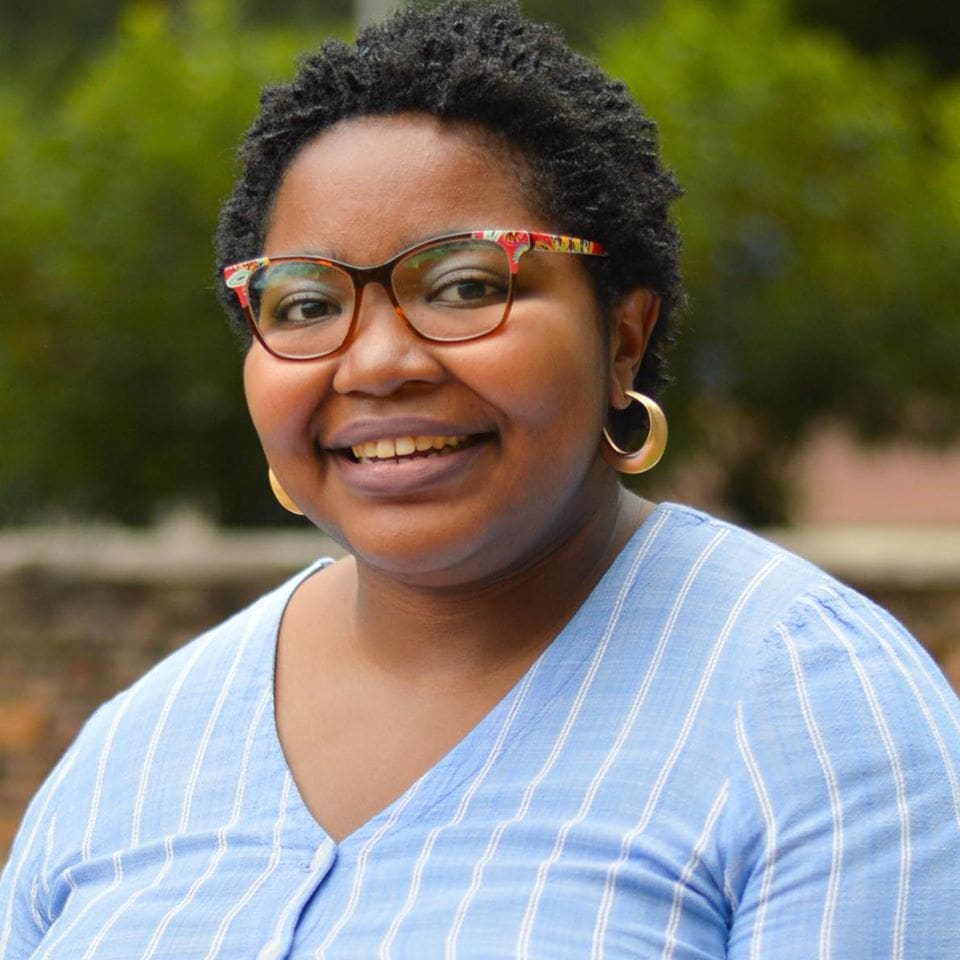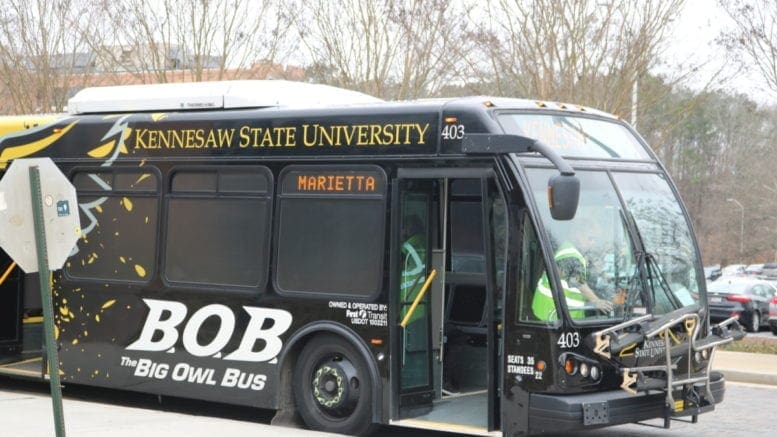Kennesaw State University’s faculty senate approved a motion Monday, Jan. 25, urging President Dr. Pamela Whitten and the Board of Regents to allow professors to teach classes remotely if they prefer to.
KSU Professor Steve Collins initially made a motion to move nearly all KSU classes completely online, citing spiking COVID-19 numbers in Cobb County and the metro-Atlanta area.
The original motion stated that the only exceptions to moving classes fully online were classes that are unable to function online.
KSU Professor Noah McLaughlin made an amendment to Collins’ motion that professors who want to teach their classes completely online should have that option, rather than removing face-to-face classes altogether.
This was opposed to forcing almost every professor to teach their class fully-online.
The KSU faculty senate approved McLaughlin’s version.
KSU’s faculty senate consists of KSU professors and university staff who represent various colleges, schools and departments at the school.
Motions passed by the senate do not mean the university will implement them. Motions that the KSU faculty senate approves are only recommendations to the president’s office.
McLaughlin suggested the motion adjustment after speaking with some of his colleagues in KSU’s Foreign Language department.
He said that allowing in-person classes could benefit professors in the foreign language, music, dance and science departments, among others.
“The ability to respond immediately to confusion … to be able to ‘read’ a person’s entire body language and react in kind is helpful in a language classroom,” McLaughlin said. “Additionally, I felt that the option to remain with in-person instruction would also be welcome in other fields of instruction … where being in the space (safely) can clearly make a significant difference.”
McLaughlin also said he is concerned with the alarming amount of COVID-19 cases in Cobb. As cases rise, professors should be able to make their own decision to teach online, he said.
KSU professors currently are limited in their option of class format.
“This was an opportunity to shape policy that would be both inclusive and empowering,” McLaughlin said. “In this latest surge in COVID cases, we [professors] should have the option to move our courses online to protect ourselves, our families, and our students – but it should be an informed decision by those who are actually conducting a course.”
Currently, the BOR requires in-person instruction to some degree at USG schools.
Whitten has been following BOR guidelines.
KSU has allowed some classes to be completely online, but many classes are offered as hybrids or fully in-person.
A hybrid class means that the class meets partially online and partially in-person.
KSU requires CDC guidelines such as wearing masks and being six-feet-apart to enter and stay in buildings on campus.
But some KSU professors feel that the university and BOR’s policy is inadequate as COVID-19 infects people across Cobb.This was opposed to forcing almost every professor to teach their class fully-online.But some KSU professors feel that the university and BOR’s policy is inadequate as COVID-19 infects people across Cobb.
As of Jan. 25, The Georgia Department of Public Health has designated Cobb County as a high COVID-19 transmission county.
Cobb has reported approximately 540 COVID-19 cases per day throughout the last two weeks.
Collins’ initial motion also quoted a Centers for Disease Control and Prevention study in the New York Times.
“The spread of the coronavirus accelerated sharply in U.S. counties where large universities held classes in person last fall…” ‘and that, conversely,’ “infection rates declined in counties…where large universities held classes remotely last fall,” the motion said.
KSU’s chapter of the United Campus Workers of Georgia believes that all classes should temporarily go online, as of Jan. 25.
The union’s website says that the KSU faculty senate had already passed two resolutions last Fall stating that part or all of the Spring semester should be fully remote.
The union also pointed to three Cobb County educators who have died of COVID-19 within the past few weeks as sad warnings to what may happen to educators and students if KSU stays open amid a deadly pandemic.
Faculty senate and KSU UCWGA member Dr. Heather Pincock said she respects her colleague’s decision to give choice to professors.
Despite that, she still thinks the number of COVID-19 cases warrants remote learning with few exceptions for those who must teach classes and can do it safely.
“I also think a survey of students to determine what the current demand for face-to-face classes actually would have been a wise move at KSU and is still something that could be done to include student concerns,” Pincock said.
Pincock also said some faculty senate members were concerned about KSU firing professors whose classes depend on having in-person classes.
The possibility of furloughs and additional layoffs is what additionally informed the senate’s motion on Jan. 25, she said.
KSU fired 24 workers amid the pandemic at the beginning of the Fall 2020 semester.
“I would support a move to fully remote [classes] if it included a commitment to no layoffs and no furloughs,” Pincock said. “The money is there to protect staff jobs.”
[Clarification: Dr. Pincock was referring primarily to non-faculty staff in the quote above]
When the Courier reached out to KSU asking if Whitten or any members of her administration is considering the senate’s motion, a university spokeperson said they do not have any information to share about the motion.

Arielle Robinson is an undergrad at Kennesaw State University. She is the president of the university’s Society of Professional Journalists and an editor at the KSU Sentinel. She enjoys music, reading poetry and non-fiction books and collecting books and records.
